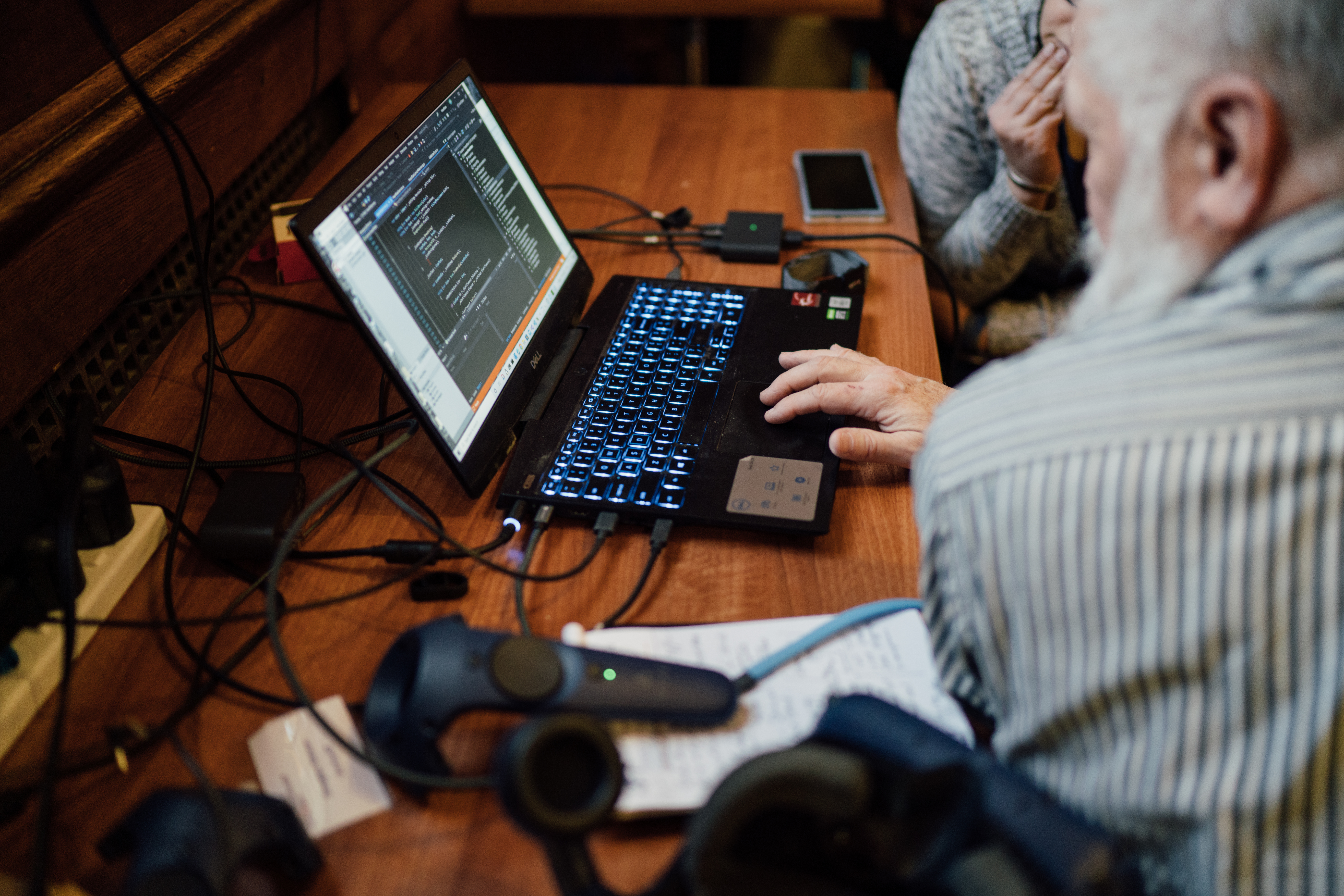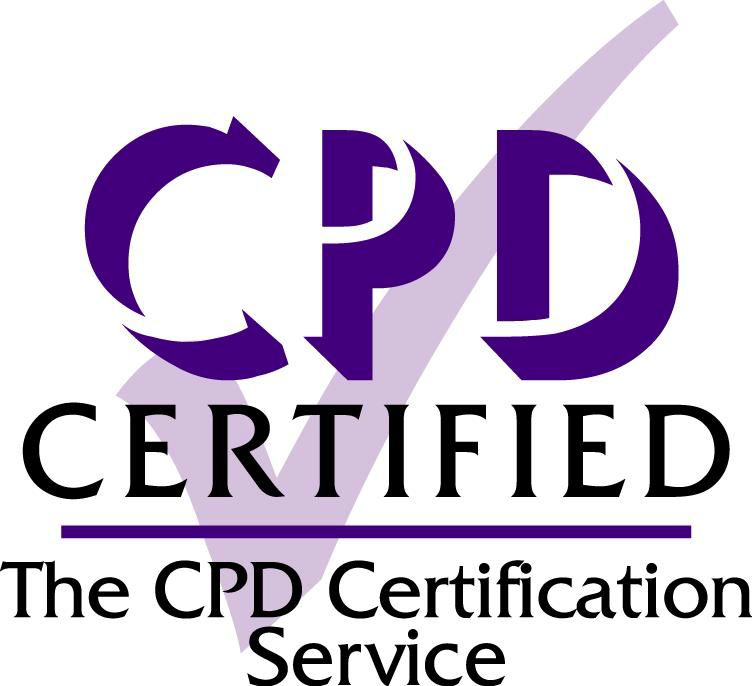Lecture Course



About
The Chronic Pain Neurotechnology course is a free, certificated and accredited online course that covers topics central to translational neurotechnology, aimed primarily at students and early career researchers. This course provides a comprehensive overview of core pain neuroscience and technologies. It involves 28 lectures of approximately 30 minutes each, using the Canvas course platform at Oxford University. This will begin from 17th October 2023 with pre-recorded lectures every week, followed by short quizzes. This will run during ‘term time’ through to June 2024. From June 2024 it will then become a standalone course once all lectures have been made available, to allow delegates to complete at their own pace. The course is spilt into 3 modules, further details and dates for each can be found below.
Please do not hesitate to contact abigail.stuart@ndcn.ox.ac.uk should you have any questions.
Course Objectives
The Chronic Pain Neurotechnology Network+ aims to develop an inclusive UK community of researchers, clinicians and technologists dedicated to translational neurotechnology and innovation in the management of chronic pain. Launched at the end of 2022, it facilitates capacity building, communication, and collaboration across the UK. This is achieved through training and workshops, small grants, public and patient engagement, UK strategy development, and engagement with policy makers, clinical stakeholders, and industry. It is one of 5 networks funded by the UKRI Building Responsible Neurotechnology Research Capability networks in 2022.
- To provide comprehensive scientific and strategic overviews of the current state and future landscape of chronic pain neurotechnology research and development in the UK and globally.
- To support early career researchers with a dedicated pain neurotechnology teaching and mentorship program, and the provision of small grants.
- To engage with the NHS, charities, public and patients, industry, related scientific networks, and other stakeholders to shape an ethical, accessible and inclusive path for future clinical technology translation.
- To implement a series of feasibility studies that explore new directions for integrative technologies.
- To implement a patient and public engagement strategy that highlights the clinical context, the science and the neurotechnological opportunities for the future.
Lecture and Lecturers
Please see the list below for all of our course lectures, speakers and dates of when each lecture will be made available:
Basic science 17.10.23 – 07.11.23
- Introduction to the pain system (Ben Seymour) – 17.10.23
- Brain mechanisms: descending control and pharmacology – What the brain tells the spinal cord (Kirsty Bannister) 24.10.23
- Brain mechanisms: motivation and learning (Ben Seymour) – 31.10.23
- Brain mechanisms: sensory processing (Flavia Mancini) – 07.11.23
Core Technologies 14.11.23 – 19.03.24
- Foundations and applications of transcranial direct current stimulation (tDCS) in pain research (Sam Hughes) – 14.11.23
- Brain monitoring: An introduction to EEG technology (Alex Casson) – 21.11.23
- Neurofeedback (Aleksandra Vuckovic and Ben Seymour) – 28.11.23
- Virtual Reality: A Novel Immersive Technology in the Study and Management of Chronic Pain (Jordan Tsigarides) – 05.12.23
- EEG biomarkers and applications of machine learning (Aleksandra Vuckovic) – 12.12.23
- Non-invasive brain stimulation II (Thomas Graven-Nielsen) – 09.01.24
- Deep brain and spinal cord stimulation to treat chronic pain (Scott Lempka) – 16.01.24
- Transcutaneous Electrical Nerve Stimulation for the Relief of Pain (Mark Johnson) – 22.01.24
- Non-invasive brain stimulation with ultrasound III (Elsa Fouragnan) – 30.01.24
- Developing fMRI-based biomarkers of pain: Promises and challenges (Choong-WanWoo) – 06.02.24
- Model Based CBT (Sang Wan Lee) – 13.02.24
- Emerging Neuromodulation Modalities (Finlay Walton) – 20.02.24
- Embodied Technology: To be (biomimetic) or not to be? (Tamar Makin) – 27.02.24
- Collecting pain and other symptoms in daily life- intensive longitudinal methods – (Chris Burton) – 05.03.24
- Manufacturing Electrodes for Neurostimulation – (Christopher Proctor) – 12.03.24
- Functional electrical stimulation (FES) & Motor Rehabilitation – (Erika Spaich) – 19.03.24
Clinical Translation 23.04.24 – 11.06.24
- Chronic pain mechanisms – from models to patients (Ben Seymour) – 23.04.24
- Potential of game platforms as a tool for monitoring motor performance, pain and fatigue (Carlos Monteiro) – 30.04.24
- Precision rehabilitation and pain (Helen Dawes) – 07.05.24
- Physiologic control systems for the treatment of chronic pain (Tim Denison) – 14.05.24
- Closed-loop DBS for Movement Disorders (Huiling Tan) – 21.05.24
- Patient and clinician opinions regarding the use of technology to support healthcare delivery – can it help technology development? (Val Sparkes) – 28.05.24
- Spinal injury (Mariel Purcell, Lauren Cope & Claire Lincoln) – 04.06.24
- Clinical Device Trials in Chronic Pain: the EPIONE trial (Alex Green) – 11.06.24
